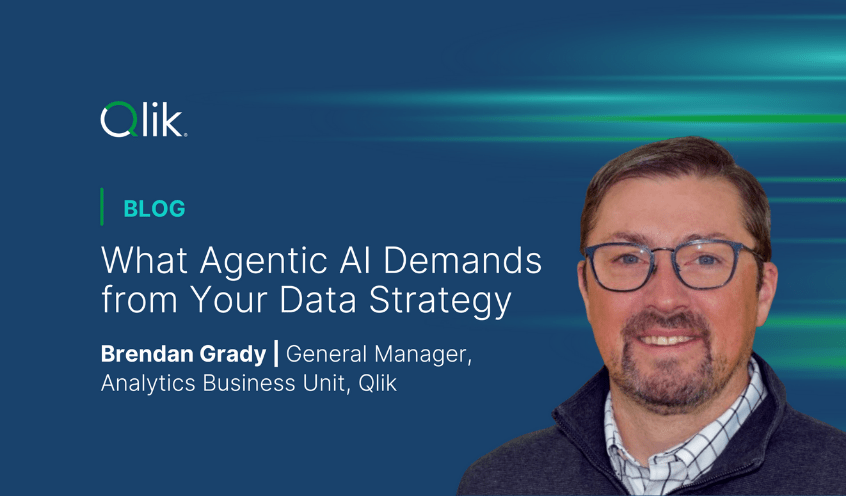If you’re leading a data, analytics, or AI initiative right now, you know the pressure. AI is no longer a future project - it’s a business imperative. Executives want results, boards want differentiation, and the window to deliver is closing fast.
That’s why Salesforce’s recent acquisition of Informatica should raise serious questions for data leaders. Not just because of what it means for Informatica, but for what it could mean for your AI roadmap.
We’ve seen this movie before, and it was not a tale of happily-ever-after. Salesforce’s acquisitions of Tableau and MuleSoft were followed by integration delays, shifting priorities, and roadmaps that became harder to predict. Customer needs were often deprioritized in favor of portfolio alignment.
If your AI strategy depends on a platform now caught in another round of consolidation, it may be time to reassess the viability of that relationship.
The Agentic AI Era Has Arrived
AI has evolved from generating insights to recommending actions and automating decisions. We’re entering the era of agentic AI, where intelligent systems not only advise but act.
This shift demands more from your data infrastructure. To train trustworthy agents, you need trustworthy data. To automate workflows, you need platforms that are flexible, transparent, and under your control.
Gartner has already issued guidance citing vendor lock-in and integration uncertainty as major concerns with the Salesforce-Informatica deal. For customers investing heavily in AI, that guidance matters.
A Platform Built to Deliver AI Outcomes
I’ve been in this space long enough to know that promises mean little without execution. At Qlik, we’ve been embedding AI into our platform for over a decade - not chasing trends but moving with intent.
We launched Qlik Predict™ (formerly AutoML) to bring predictive modeling to more teams. And with Qlik Answers®, we’re delivering a conversational, agentic interface where insights, recommendations, and action come together.
By the end of 2025, Qlik Answers will support unstructured data and automated actions - evolving into a true agent that reasons with users, adapts to context, and empowers every team to move faster.
And we back all of this with embedded governance, explainability, and transparency, because AI only works when you trust the data that fuels it.
The Future Won’t Wait, and Neither Should You
Agentic AI is here. But to lead in this next chapter, you need a partner whose platform that’s moving forward - not one stuck in transition.
Let’s talk about what it takes to recognize red flags, consider the options, and move forward with confidence.
If the Salesforce takeover of Informatica, has you wondering if it’s time to move on, you are not alone. Join us for an On-Demand briefing that will show you how easy it is — whether you're on premises, hybrid, or cloud — to keep your data initiatives moving forward with Qlik Talend Data Integration. Register here.












































